Coalition group behind 2019 unrest in Hong Kong disbands
An umbrella group that organized some of the largest anti-government protests in Hong Kong two years ago says it has decided to disband.
The Civil Human Rights Front (CHRF) said in a statement on Sunday that a ban on anti-government protests had left it with little future.
"All member groups have been suppressed and civil society is facing an unprecedented severe challenge," the CHRF alleged.
The coalition’s remaining $205,000 in assets would be donated to "appropriate groups,” the statement said.
The group was behind the 2019 unrest, which sparked over a proposed bill that would have allowed extraditions from the semi-autonomous city to mainland China.
The legislation was shelved under pressure from demonstrations later on, but protests continued into the next several months and became more violent, endangering the lives and property of citizens.
The protesters have been demanding Hong Kong’s full secession since then. Beijing says outside forces, particularly the US and the UK, have been fanning the flames of unrest in the semi-autonomous hub by supporting the separatists.
In response to the growing unrest, Beijing in May 2020 passed a national security law for Hong Kong to criminalize acts of secession, subversion, terrorism and collusion in the Chinese territory.
Hong Kong’s police chief Raymond Siu Chak-yee said on Friday that the CHRF may have violated the national security law as the group has hosted a series of unlawful assemblies in recent years.
He warned that police had gathered evidence to take action against “unlawful groups.”
More than 30 other groups have already disbanded in Hong Kong, according to an AFP tally.
Earlier this week, the city's biggest union — the Professional Teachers Union (PTU) — said it was shutting down after nearly 50 years of operation.
Hong Kong’s national security law drew harsh criticism from some Western governments, particularly the US and the UK, which claim that the law threatens the semi-autonomous stance of the city.
The US has also imposed sanctions on Hong Kong and Chinese officials in response to the law, drawing angry rebukes from China that sees the sanctions as interference in its internal affairs.
Hong Kong has been governed under the “one-country, two-system” model since the city — a former British colony — was returned to China in 1997.
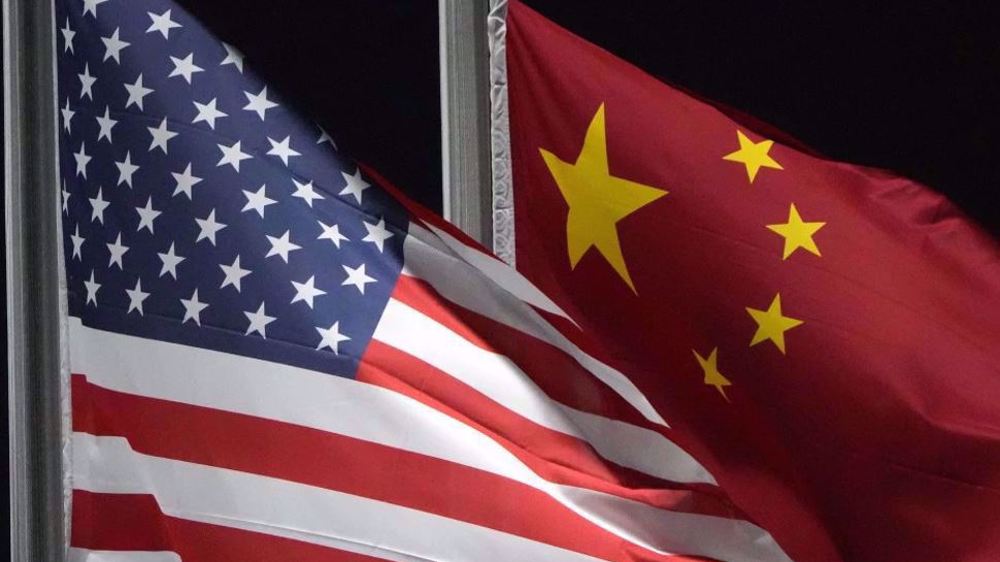
No talks on tariffs between China, US: Chinese Foreign Ministry

China deploys naval group in warning to US, Philippines over drills
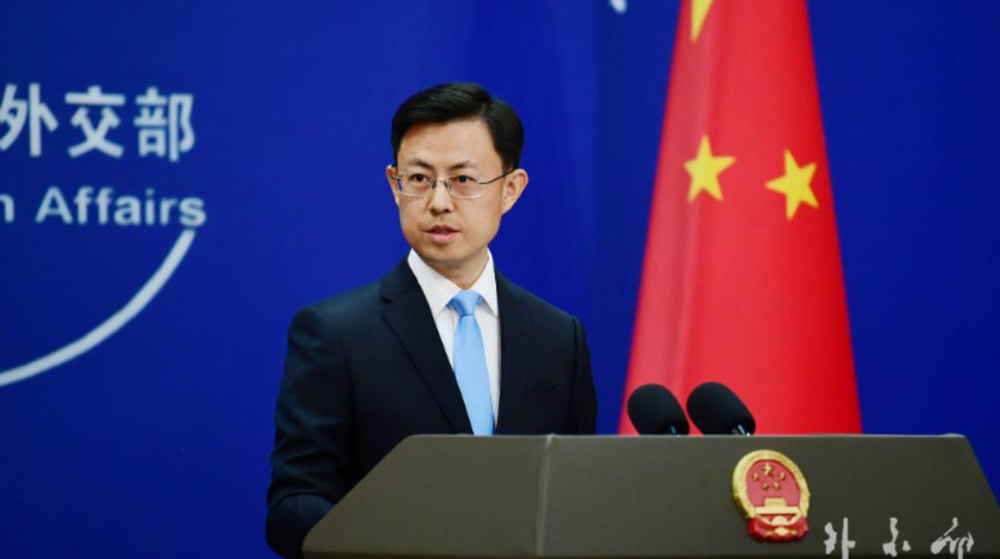
China says expects ‘in-depth’ talks during Iran foreign minister’s visit
Iran pres. stresses collective, effective fight against terrorism in calls with India, Pakistan PMs
Iran declares holiday in Bandar Abbas port as fire still raging
VIDEO | NY protesters demand end to genocide on Global Day for Gaza
VIDEO | Pope Francis funeral mass held in St. Peter's Square
VIDEO | UK education activists focus on decolonization
Iran supports any measure to strengthen peace, tranquility: Pezeshkian
Iran, Russia agree to transfer gas via Azerbaijan: Minister
VIDEO | US joins global protest day to demand Israel lift 8-week siege


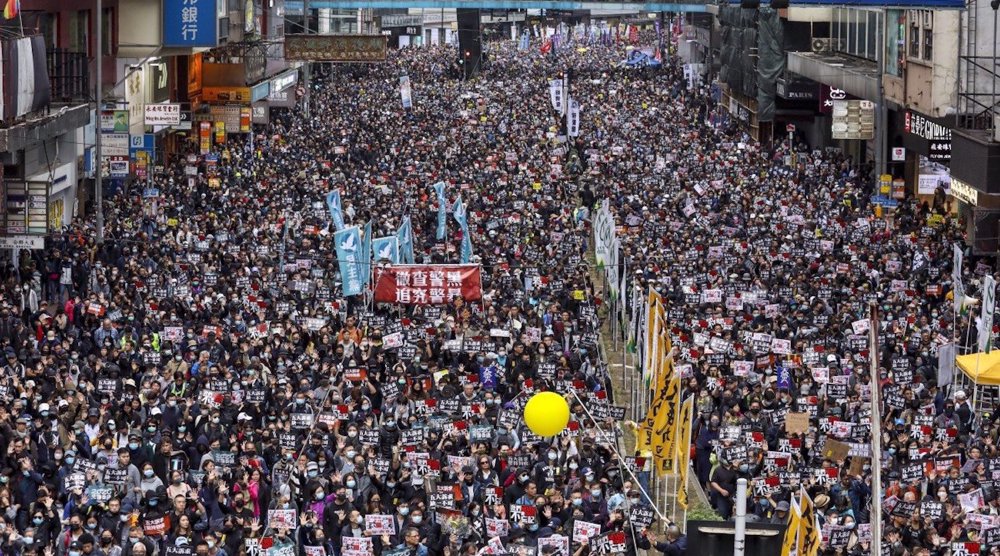
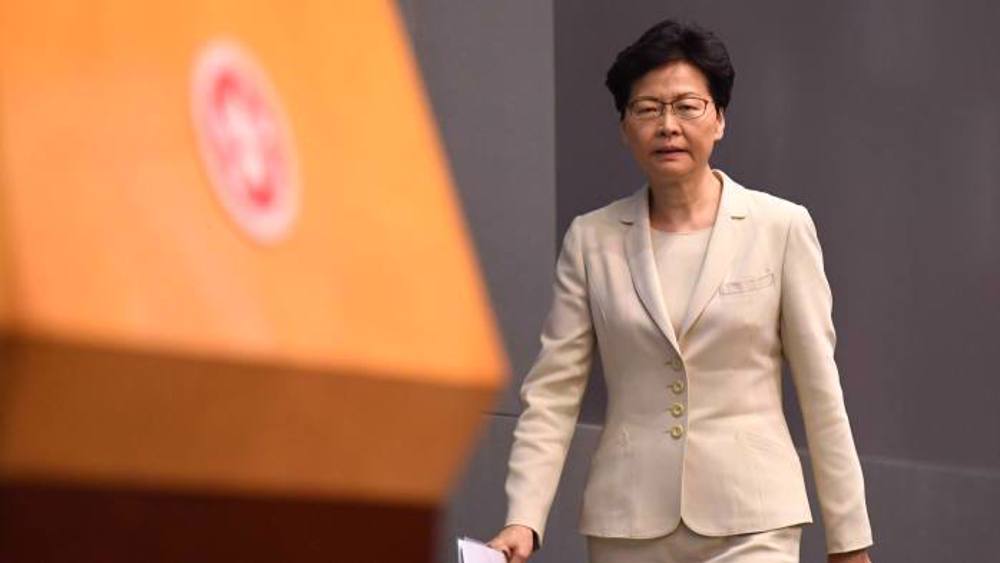



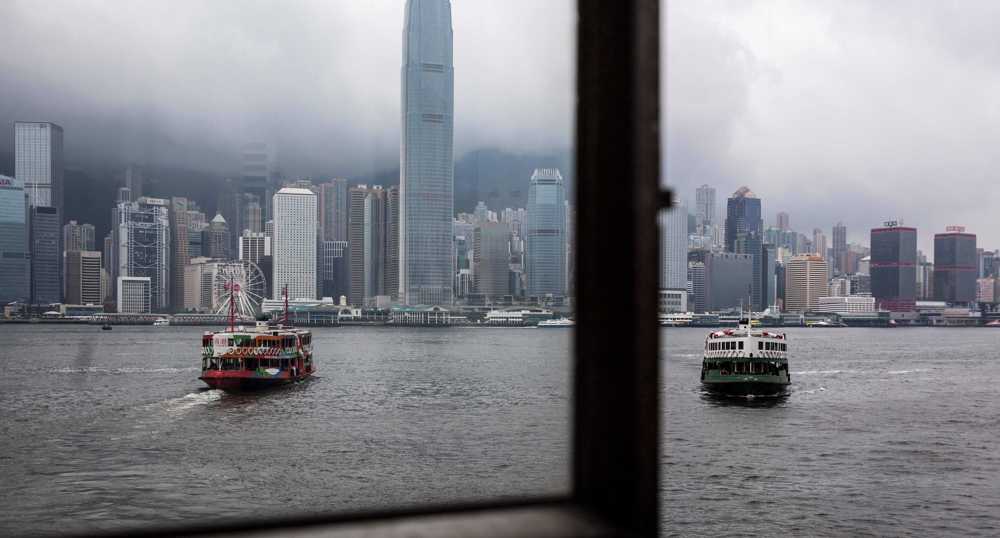
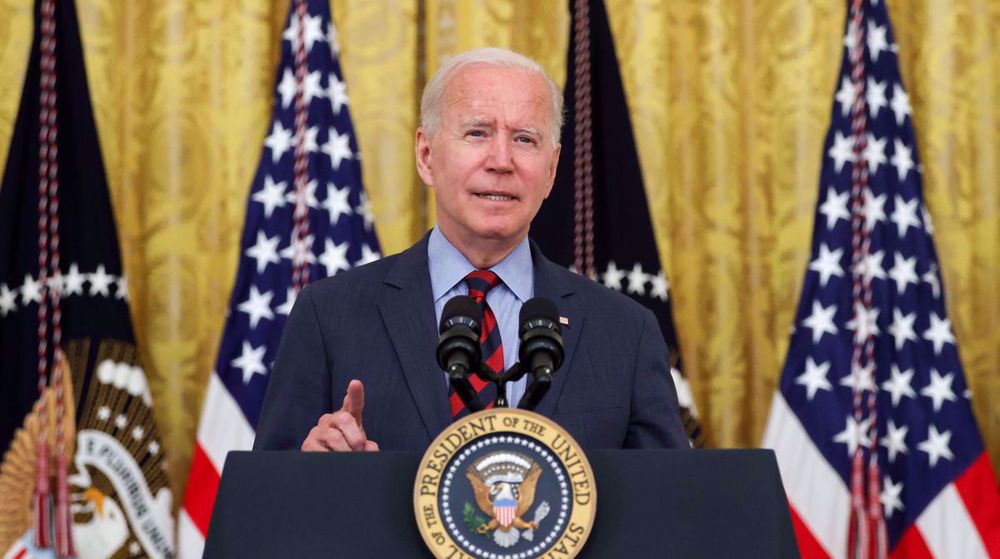

 This makes it easy to access the Press TV website
This makes it easy to access the Press TV website